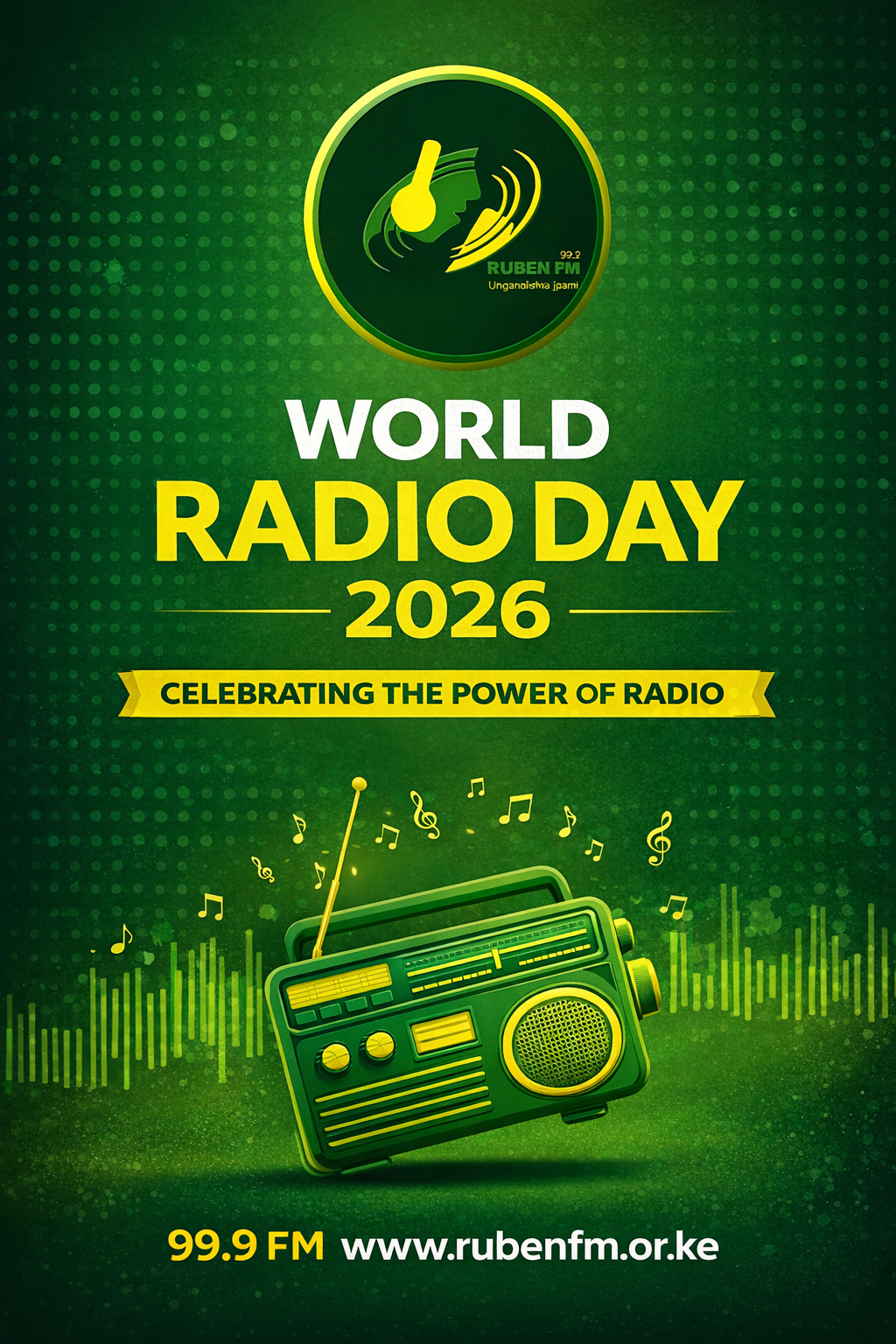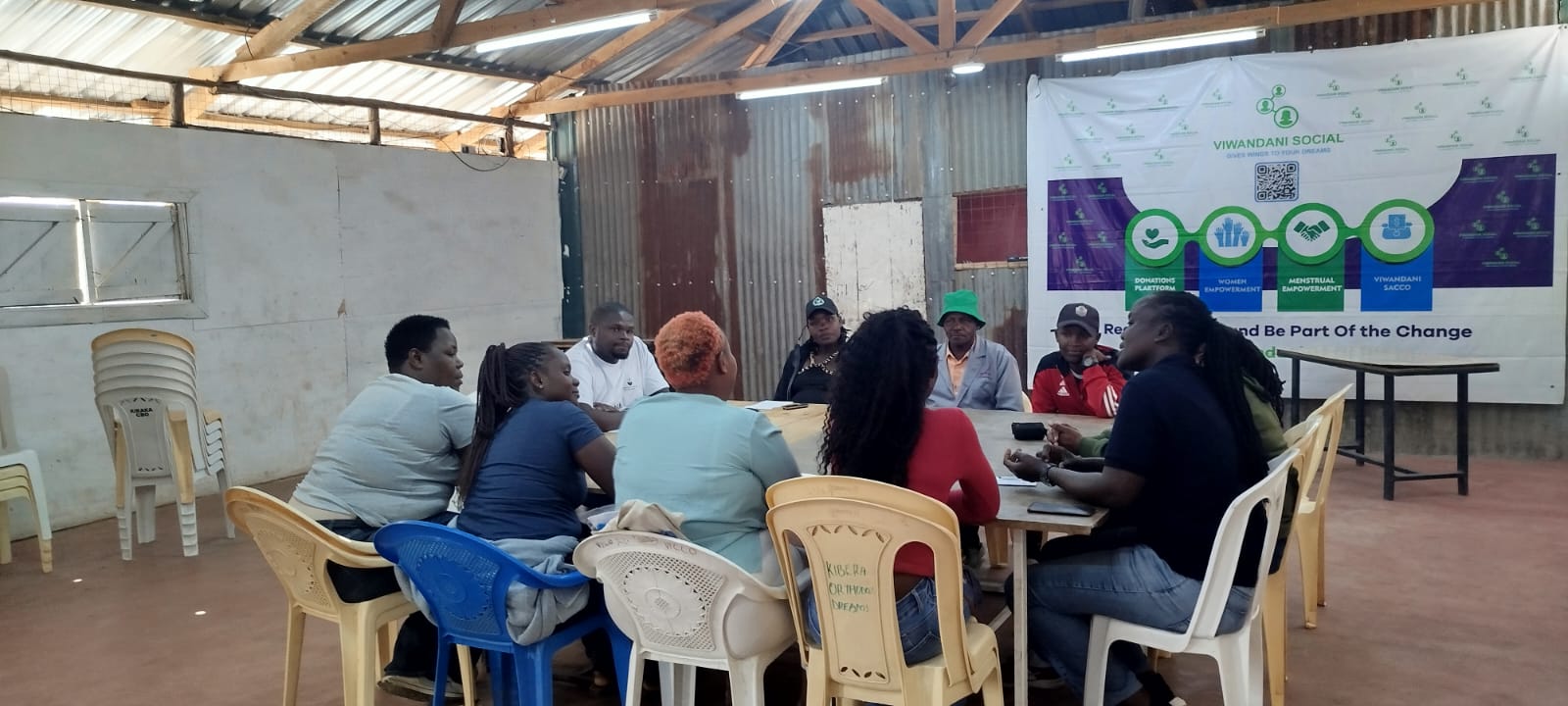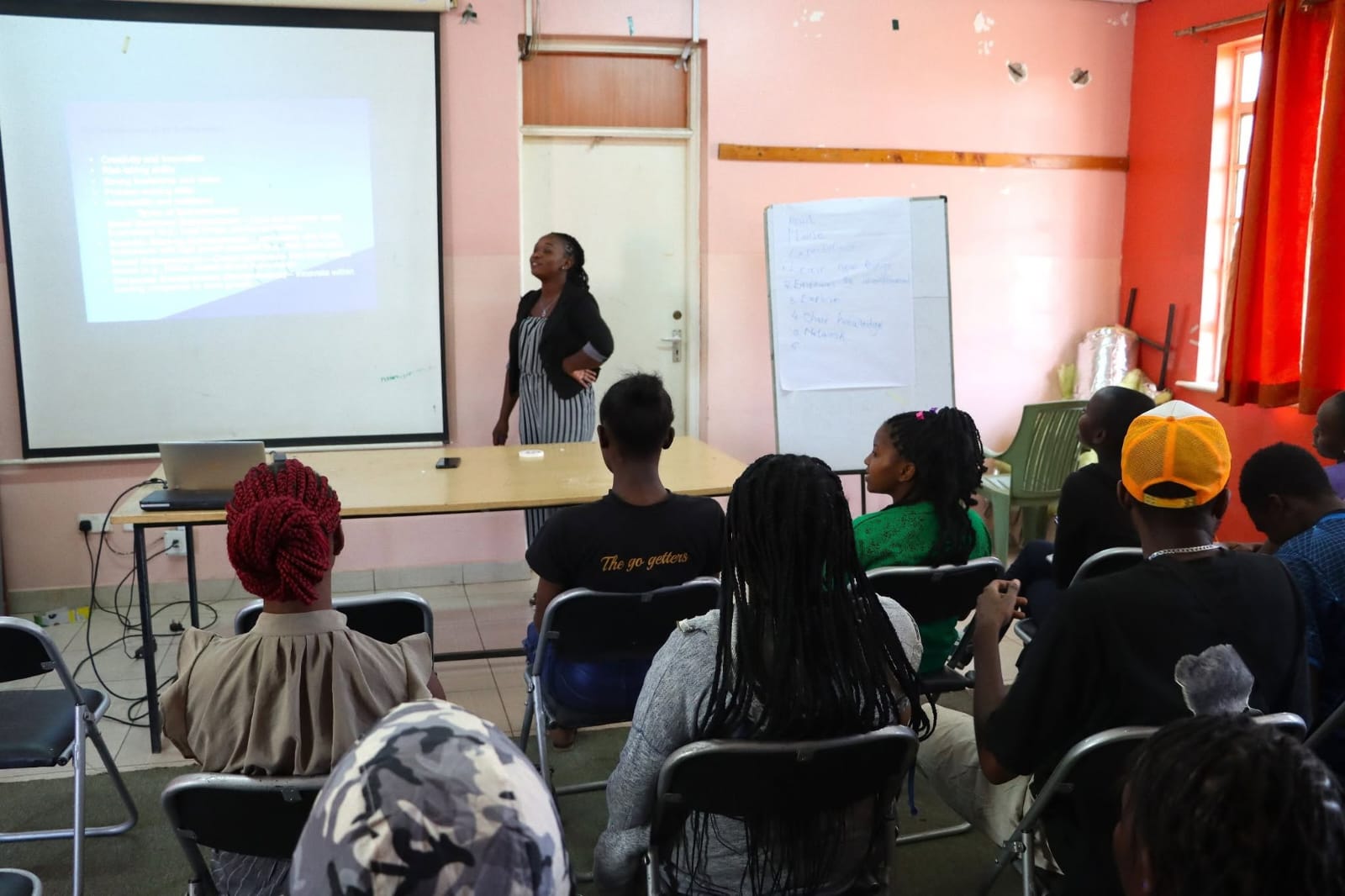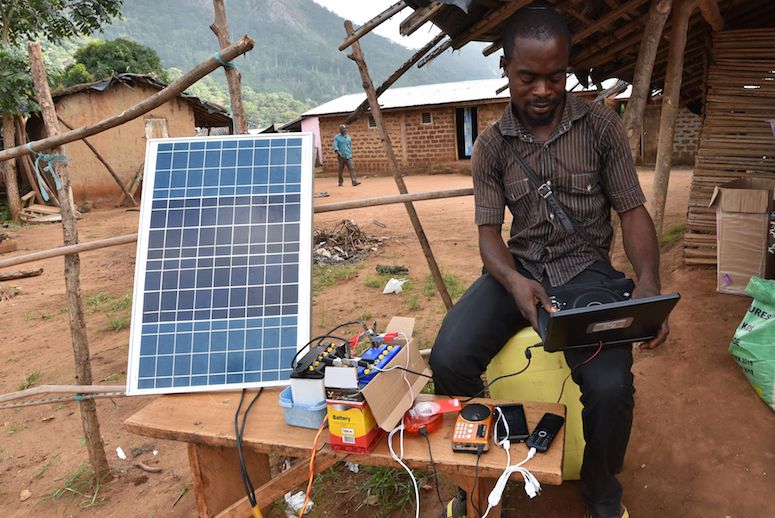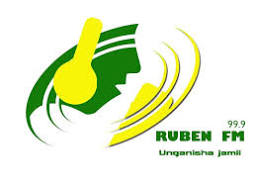FALSE: Photo does not show the drought situation in Embolioi, Kajiado County, in October 2022
HOAX: This website offering free 50GB data to celebrate WhatsApp’s 10th anniversary is a scam
The website is fake since WhatsApp’s 10th anniversary was celebrated in 2019.

This website submitted for fact-checking via PesaCheck’s WhatsApp Tipline, supposedly offering WhatsApp users 50GB of data as part of the company’s 10th anniversary, is a HOAX.
To get the purported data, participants are required to provide their phone numbers and share the link with 12 friends or in WhatApp groups.
The website has several red flags, among them a suspicious URL, a request for personal details (phone number), and the requirement for users to share the link before receiving data. The red flags prompted us to investigate the website.
Despite PesaCheck following all the steps outlined in the alleged promotion, we did not receive the promised free data. In the final stage, the verification tab was unresponsive and repeatedly redirected us to unrelated web pages.
Additionally, we performed a Whois search and established that the website was registered on 29 January 2023, while the authentic WhatsApp website, Whatsapp.com, was registered in September 2008.
Legitimate sites are usually older than hoax sites. Bogus sites also tend to have concealed registrant details.
The website claims that the free data is in celebration of WhatsApp’s 10th anniversary. However, the instant messaging application was founded in 2009 and celebrated its 10th anniversary in 2019.
On WhatsApp’s verified Twitter account and Facebook page, there’s no information on any such promotion.
PesaCheck examined a website submitted for fact-checking via PesaCheck’s WhatsApp Tipline, supposedly offering WhatsApp users 50GB of data as part of the company’s 10th anniversary celebration and found it to be a HOAX.
This post is part of an ongoing series of PesaCheck fact-checks examining content marked as potential misinformation on Facebook and other social media platforms.
By partnering with Facebook and similar social media platforms, third-party fact-checking organisations like PesaCheck are helping to sort fact from fiction. We do this by giving the public deeper insight and context to posts they see in their social media feeds.
Have you spotted what you think is fake or false information on Facebook? Here’s how you can report. And, here’s more information on PesaCheck’s methodology for fact-checking questionable content.
This fact-check was written by PesaCheck fact-checker Rodgers Omondi and edited by PesaCheck senior copy editor Cédrick Irakoze and acting chief copy editor Francis Mwaniki.
The article was approved for publication by PesaCheck managing editorDoreen Wainainah.
PesaCheck is East Africa’s first public finance fact-checking initiative. It was co-founded by Catherine Gicheru and Justin Arenstein and is being incubated by the continent’s largest civic technology and data journalism accelerator: Code for Africa. It seeks to help the public separate fact from fiction in public pronouncements about the numbers that shape our world, with a special emphasis on pronouncements about public finances that shape the government’s delivery of Sustainable Development Goals (SDG) public services, such as healthcare, rural development and access to water/sanitation. PesaCheck also tests the accuracy of media reportage. To find out more about the project, visitpesacheck.org.
PesaCheck is an initiative of Code for Africa, through its innovateAFRICA fund, with support from Deutsche Welle Akademie, in partnership with a coalition of local African media and other civic watchdog organisations.
